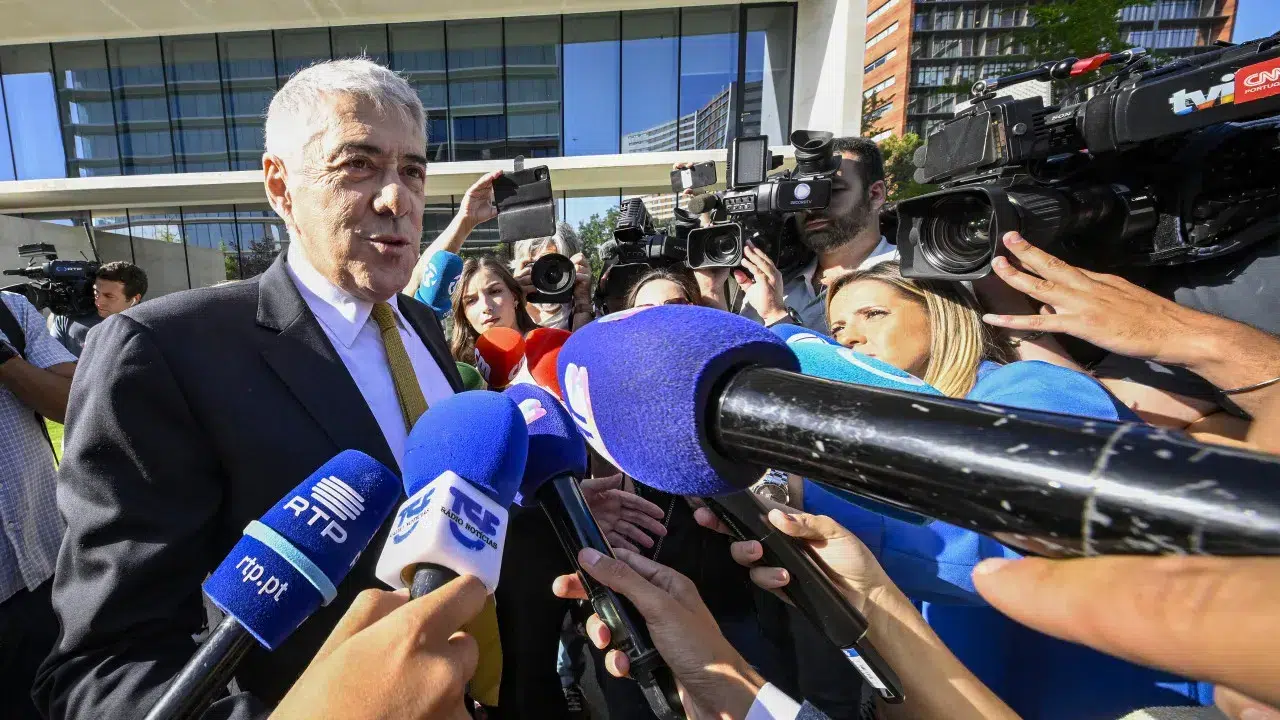
“It is censorship, with a judicial sentence, that continues to be in effect,” emphasized the directors of ‘Caixa de Resistência’, Concha Barquero Artés and Alejandro Alvarado Jódar, in statements this week.
The documentary ‘Rocío’, centered around the pilgrimage of the same name in Andalusia, was prohibited from being fully shown to the public in Spain due to a two-minute segment in which a local resident accused “one of the perpetrators of fascist repression at the start of the Spanish Civil War,” as described by Concha Barquero Artés.
The segment addresses the death of 100 people in the locality, for which the documentary narrative blamed a mayor of that era.
The case reached the Spanish Supreme Court, which convicted Fernando Ruiz Vergara for defamation, arguing in its ruling that it was unwise “to stir the ashes of those conflicts” of the Spanish Civil War (1936-1939) and the Francoist dictatorship, thus “awakening grudges, hatreds, and resentments dormant with the passage of time.”
This occurred during the period known as the “Spanish transition,” marked by a consensus among various political groups to transition from dictatorship to democracy in Spain following the death of dictator Francisco Franco in November 1975.
“We took the film [‘Caixa de Resistência’] or the case of ‘Rocío’ to various forums, whether academic, cultural, cinematic, or of many types. And that title, that there’s a film still censored since the transition period and censored during democratic times, is shocking to everyone, including in Spain,” stated Concha Barquero Artés.
The censorship of ‘Rocío’ stands as a historical first in democratic, post-Francoist Spain.
The film was later screened in Spanish theaters, albeit with the censored two minutes removed, though the judicial sentence remains in effect. However, the full version of the documentary is available online on platforms like YouTube.
According to Concha Barquero Artés, “the issue in Spain is that the topic of Historical Memory is unresolved.”
“During the transition to democracy, there were parameters of conciliation that were not favorable to the victims who lived through and suffered the repression of Francoism. There is an open wound, on one side. On the other, the current widespread trend of the far-right’s rise, which is a global wave, does not seem to open the possibility for new generations to identify in this void, in this lack of reparation [to the victims], the cause of many of today’s problems,” she added.
‘Caixa de Resistência,’ which arrives in Portuguese theaters on March 27 after a year-long festival circuit in Spain where it received multiple awards, begins with the censorship case of ‘Rocío’ before “imagining” the “dream projects” of Fernando Ruiz Vergara, dozens of films he continued to work on throughout his life but never realized “due to the censorship and other circumstances,” explained Alejandro Alvarado Jódar.
Following the censorship of ‘Rocío’, the filmmaker, born in Seville in 1942, relocated to Portugal and lived until his death in 2011 in Escalos de Baixo, a village in Castelo Branco.
It was there, in 2010, that Concha Barquero Artés and Alejandro Alvarado Jódar encountered him as part of an academic investigation into the ‘Rocío’ case on which they were working. Both are also professors at the University of Málaga.
Over the last year of Fernando Ruiz Vergara’s life, they established a friendship with the filmmaker and accessed materials related to dozens of projects he worked on, “dream films” that form the basis of ‘Caixa de Resistência’.
Among the projects selected by Concha Barquero Artés and Alejandro Alvarado Jódar for ‘Caixa de Resistência’ are recordings linked to the Panasqueira Mines, the April 25, 1974 event, or Otelo Saraiva de Carvalho, one of the Portuguese revolutionaries whose 1976 presidential campaign Fernando Ruiz Vergara followed, at the onset of his career when he lived in and frequented Portugal even before his final exile following the ‘Rocío’ censorship.
‘Caixa de Resistência’ is a co-production of Spanish companies Azhar Films and Alvaquero with the Portuguese Blablabla Media.




